Manuel Fernández: "If we continue to segregate Roma students, it will be much more difficult for them to access university"
Since last summer, Roma people trying to access higher education have a mutual support network: CampusRom. We interview the network’s president, Manual Fernández Echepares.
Manuel Fernández Echepares is the president of CampusRom, the first Roma university network in Catalonia. He is also the director of the Directive Coordination Group of CampusRom. In this interview he discusses the first months of this project and talks about educational segregation, the triple discrimination of Roma women, the importance of having referents and about his dream: “That no Roma person in Catalonia trying to access university or other post-compulsory education is left out”.
In Spain only 1% of the Roma community makes it through to University. What are the difficulties that young Roma people find when accessing higher education?
The difficulties that young Roma find when it comes to accessing higher education unfortunately start early on in life. Roma students are often the subjects of a strong educational segregation already in primary education, and especially in secondary education. Many studies and research projects have denounced that Roma students tend to be segregated in “special” classrooms, which means they don’t have the opportunity to study the same curricula as the rest of students in ordinary classrooms. Furthermore, most of the schools that are in neighbourhoods with a high concentration of Roma population bring down the level of curricular subjects, meaning that, yet again, Roma students face many more difficulties to be well prepared after high school.
As a result of this, in Spain, only around 30% of Roma students are successful in achieving their secondary education certificate, while more than 60% of non-Roma students are successful in completing this stage of education.
This huge gap means that Roma students have far fewer opportunities, both in terms of education and work, and therefore, many of them decide not to continue studying. Also, those who do get their secondary education certificate, if they continue studying, usually face big difficulties due to the low level of education they received because of the schools where they studied, which means they often tend to drop out from post-compulsory education. All of this, together with other reasons, such as the stereotypes and preconceived ideas that the Roma community suffers, means that only 1% of the Roma community makes it through to university.
One of your goals is to accompany these students. What do you offer them?
Our dream is that no Roma person in Catalonia trying to access university or post-compulsory education is left out. That is how CampusRome came to exist, as a non-profit network with the main goal of contacting all Roma students in Catalonia who need help during their education or who already are in the higher education system. Our goal is for them to make it there, and to be an example for all our community, but also for the whole Catalan society as a whole.
We have created a mutual support network that is very diverse, where you will find Roma people without a secondary education certificate trying to pass the university entrance exams for people older than 25 and 45, but also Roma people with a diploma and/or masters and PhDs, or also professionals. We offer advice on what are the possibilities to access higher education through individual or group tutoring.
We also accompany and give them support during their education, creating study groups so they can prepare for the university entrance exams, to work on projects or to prepare exams together with people who are already pursuing higher education, etc. Also, we aim to encourage the younger generations: we go to schools to talk to Roma children and show them that being Roma also means going to university.
I understand that the exclusion faced by women is double. Do you carry out any actions targeting women specifically?
Roma women face a triple discrimination: because they are women, like all other women in this society; because they are Roma, as in our community; but also because very often they have no academic education. These three factors make them especially vulnerable. In fact, it is estimated that the average life expectancy of Roma women is 30 years less than other women in Catalonia.
At CampusRom we are trying to implement measures that focus especially on Roma women. For instance, we are facilitating all the necessary conditions so that they can come to the tutoring sessions or to the study groups, for instance so they can come with their children or accompanied by another woman from CampusRom. However, since we’ve just started, there is still much more we can do to turn women into the true motors of change of our people.
I see you’re looking for volunteers. What do they do in CampusRom?
Volunteers are essential. For now, it’s mostly Roma people who are part of the governing board or of CampusRom who are volunteering. We want to continue this way because we believe that solidarity is one of the most important values defining our people.
We also have volunteers who are not members of the network and help us with support classes, supervising work, providing guidance, etc. Without these people CampusRom could not exist.
You mention there is a lack of references. What can be done so that young Roma find inspiring references within the community?
There are things we have to do, in the Roma community, to promote and give visibility to Roma people who have reached very far. At CampusRom, this is what we are trying, humbly, just as many other Roma associations and organisations.
Having said that, the large burden should be with the Catalan society and the different administrations and governments, especially with the educational system and the media. If we continue to segregate Roma students, it will be much more difficult for them to access university. If the educational system continues to base its educational practices on stereotypes and preconceived ideas, things will only get worse. And if on top of this the communication media continue to reproduce such negative and biased images of our community, the Roma community will have to make a titanic effort.
Fortunately, a lot is being done. We see a growing number of documentaries, and hear stories and references that are coming out, for instance, in the Virtual Museum of the Roma People.
What is your assessment of these first six months of CampusRom?
It is very positive. We have more and more Roma people contacting us and asking for information, advice and help (even from outside Catalonia), and also offering to help. We are very pleased, while we are very aware of the responsibility we carry, since we want to continue working hard to meat our network’s real goal: helping all these Roma people.
What are the next steps you’ll be taking?
The next steps look very promising. We are working on a couple of projects to prepare for university entrance exams for people older than 25 and 45, and these projects will probably be funded by Europe. So we can’t really ask for more, given we’re such a young network.
To be honest, if we continue to support actions aiming to make the Roma people succeed, we believe that our future will be to see how the dreams of those contacting CampusRom come true.

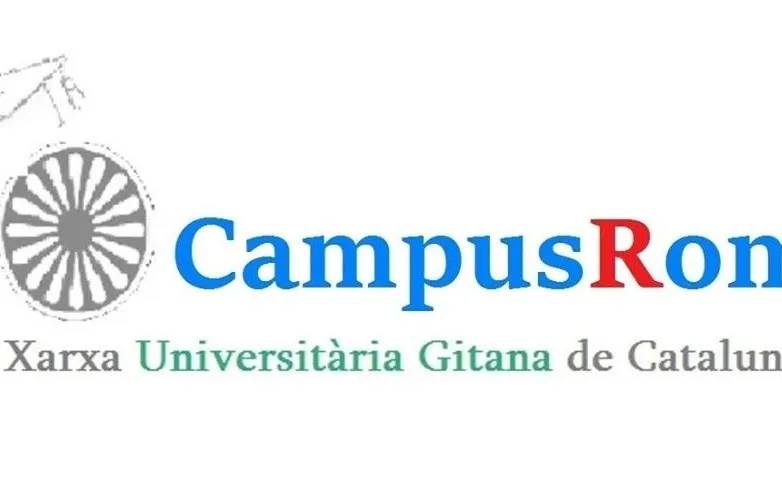
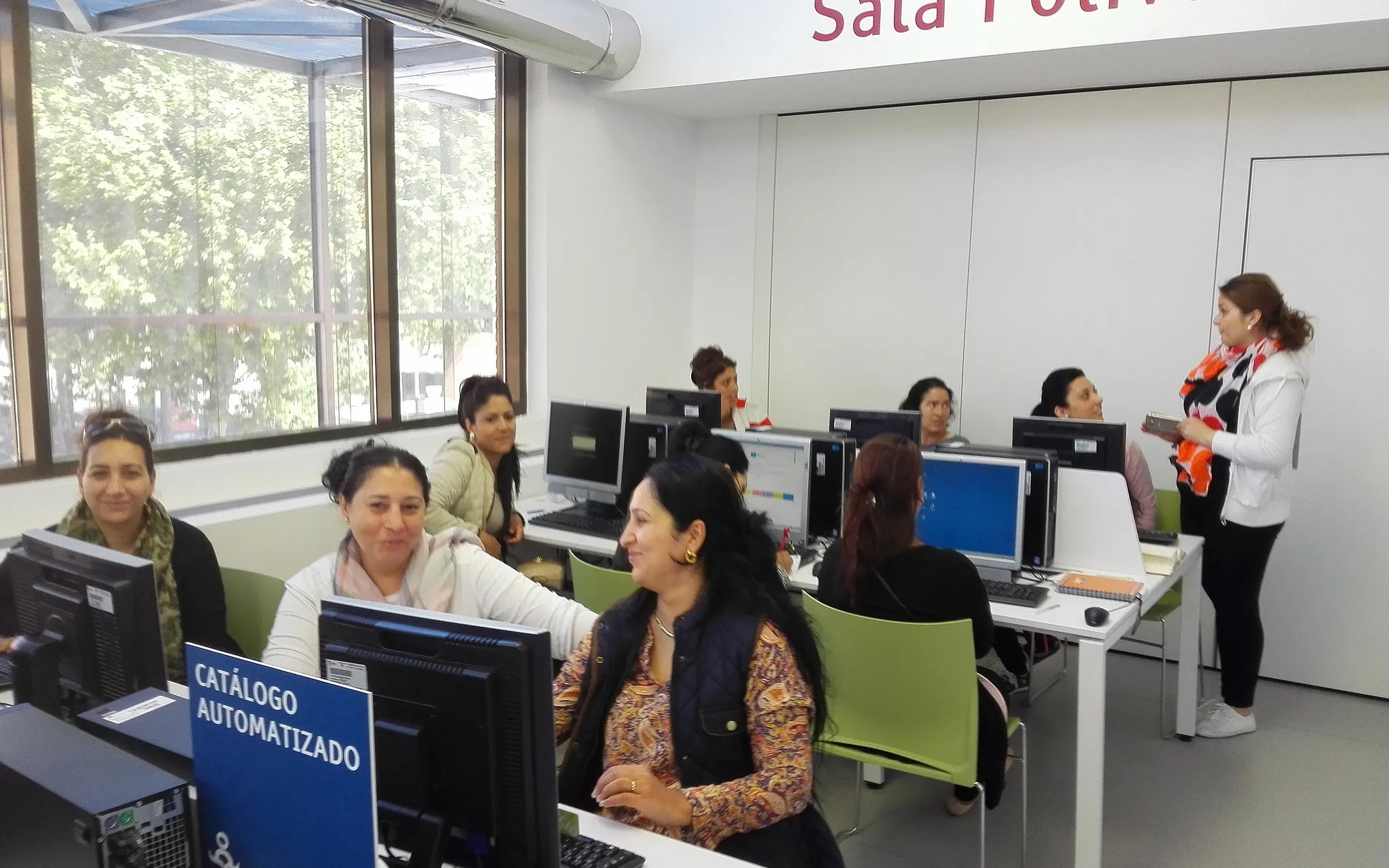
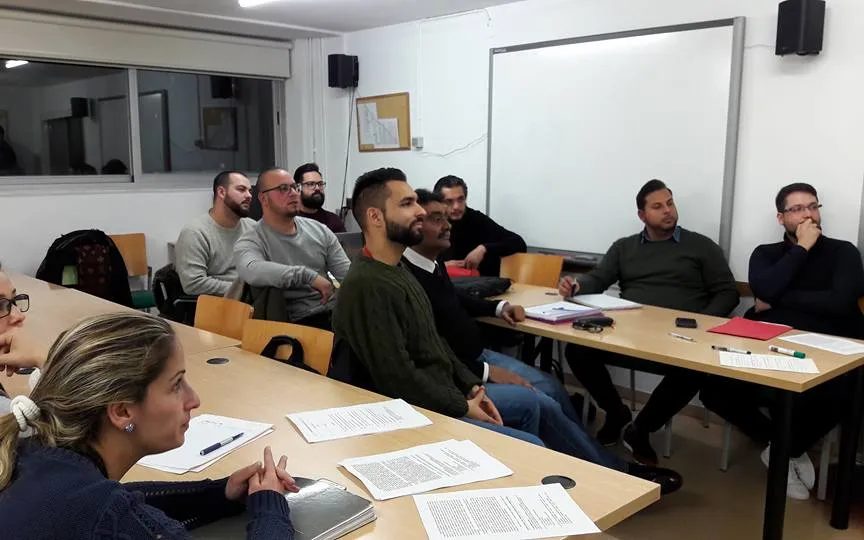
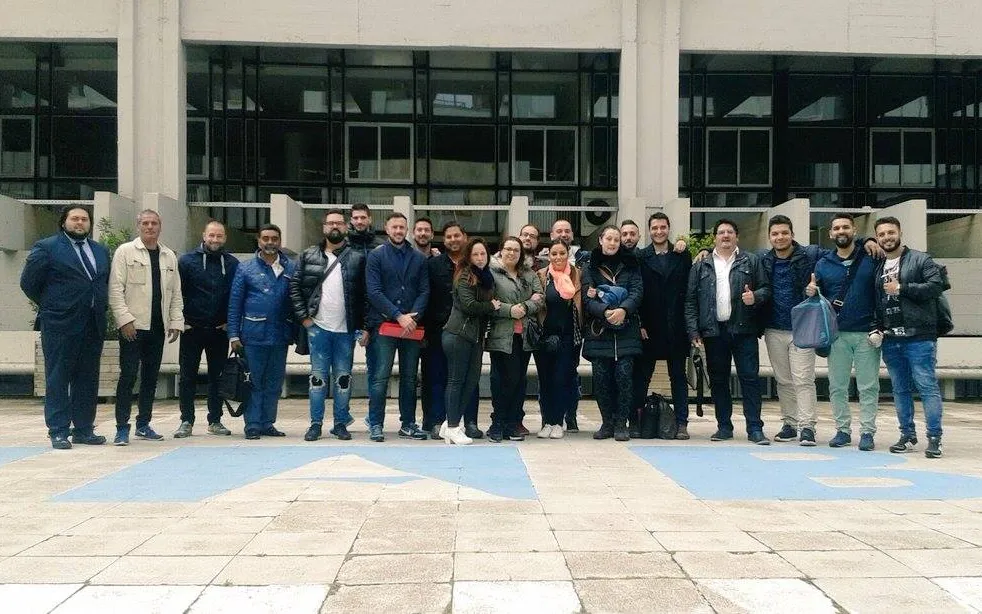


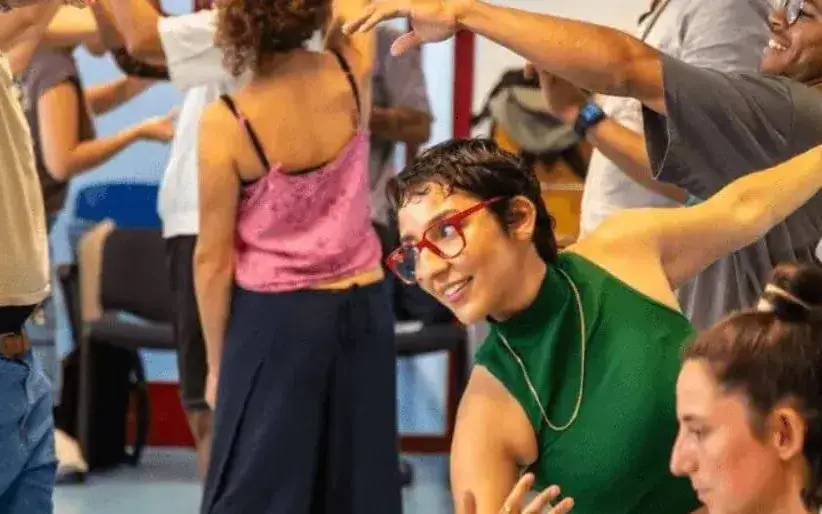

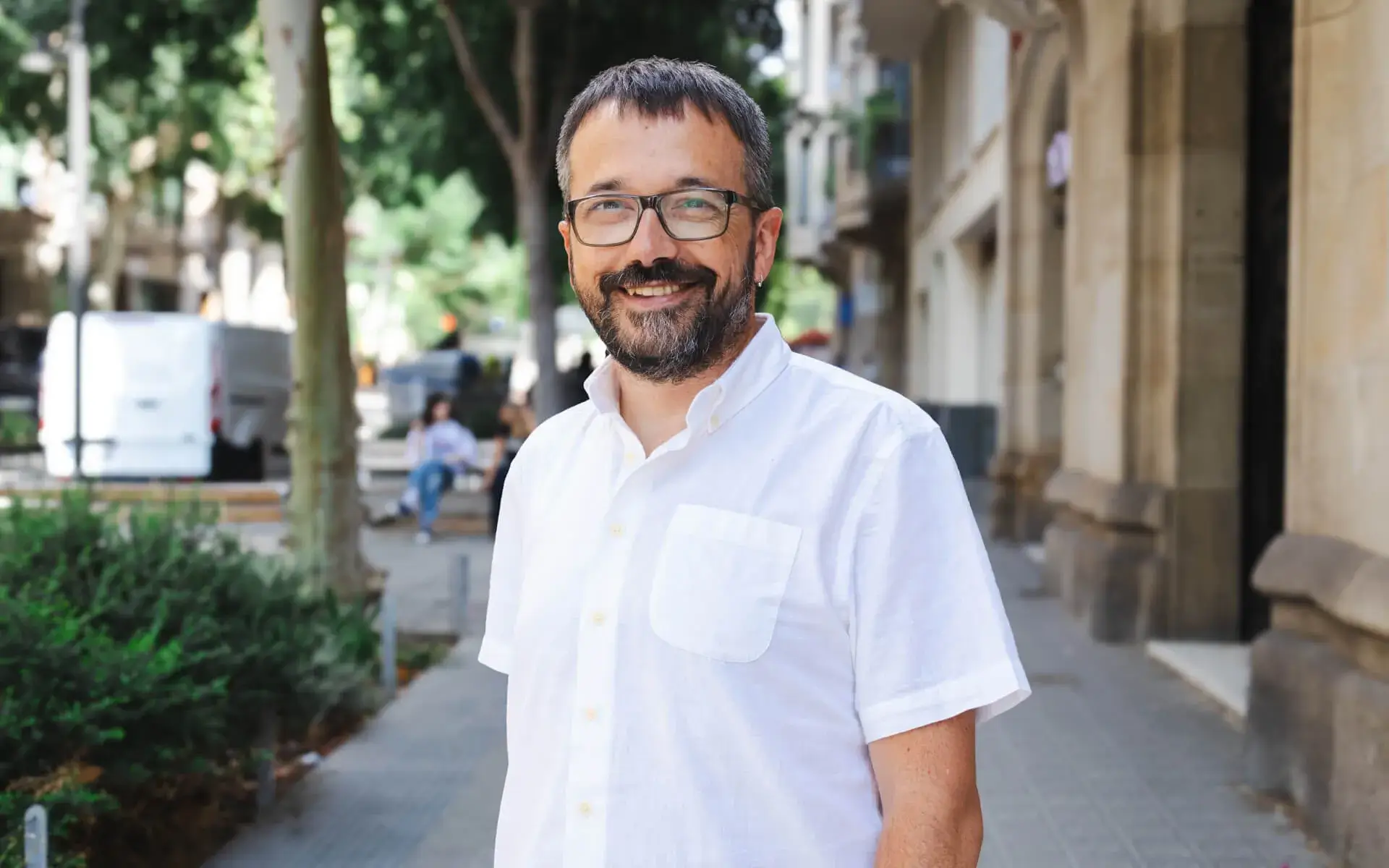

Add new comment